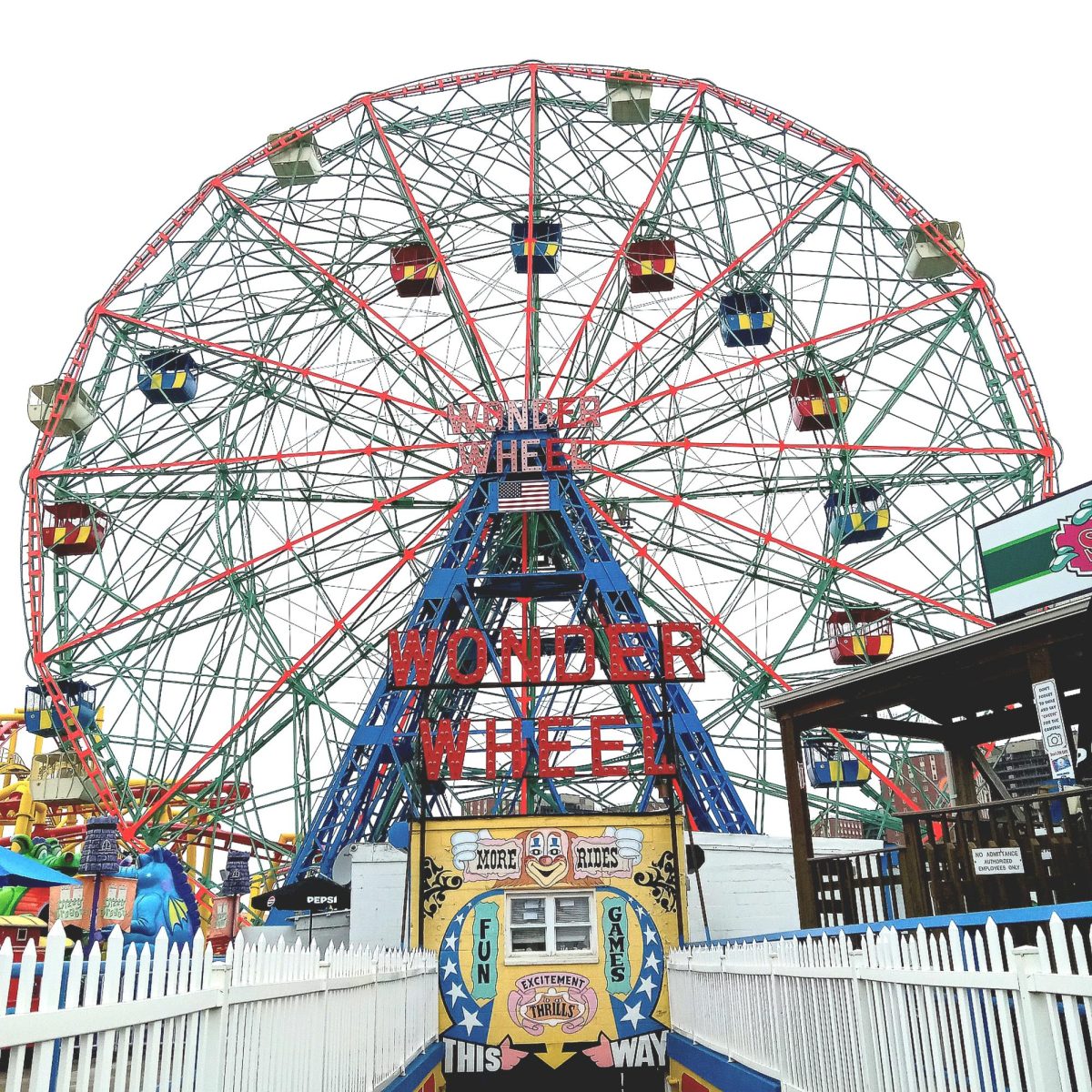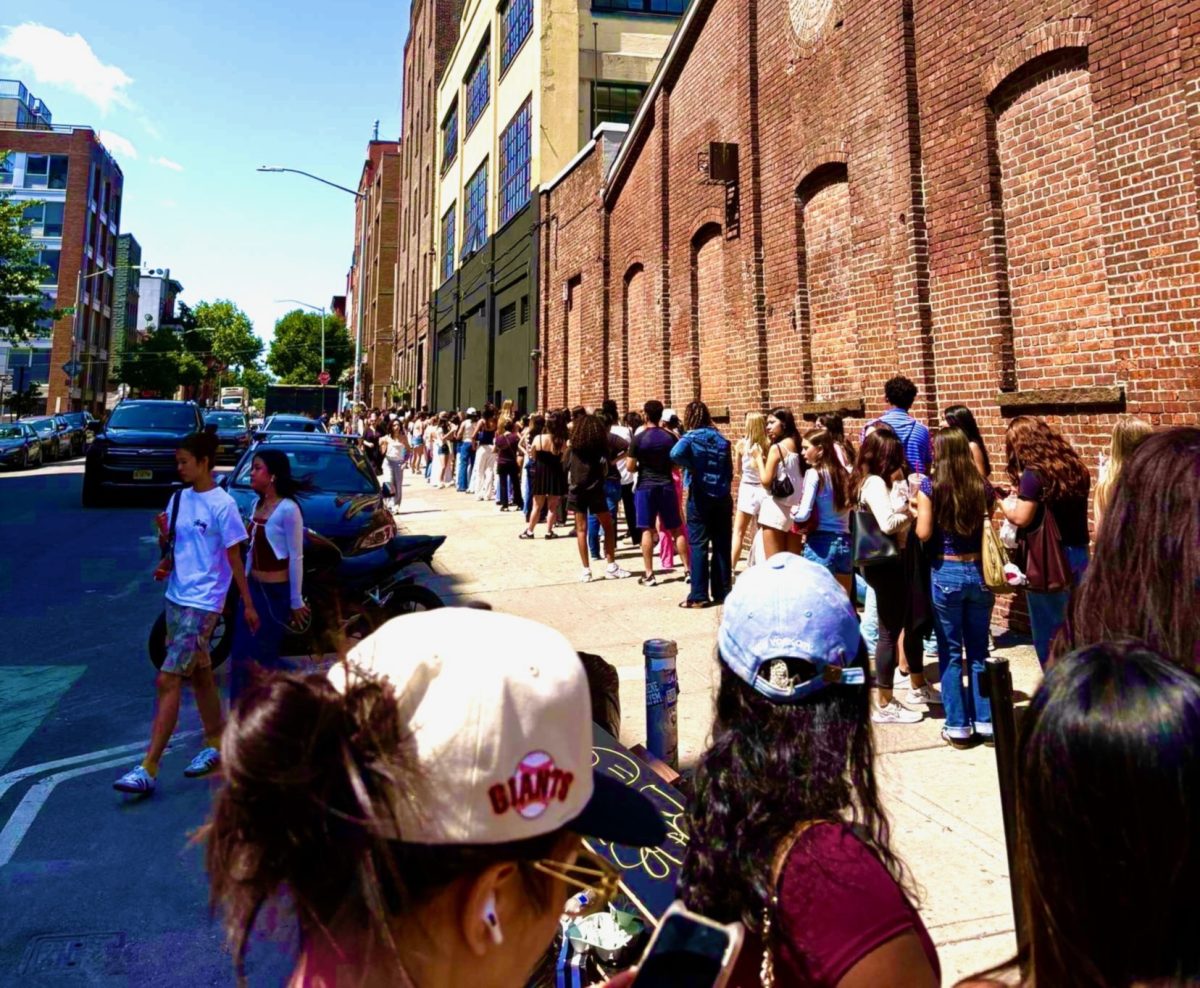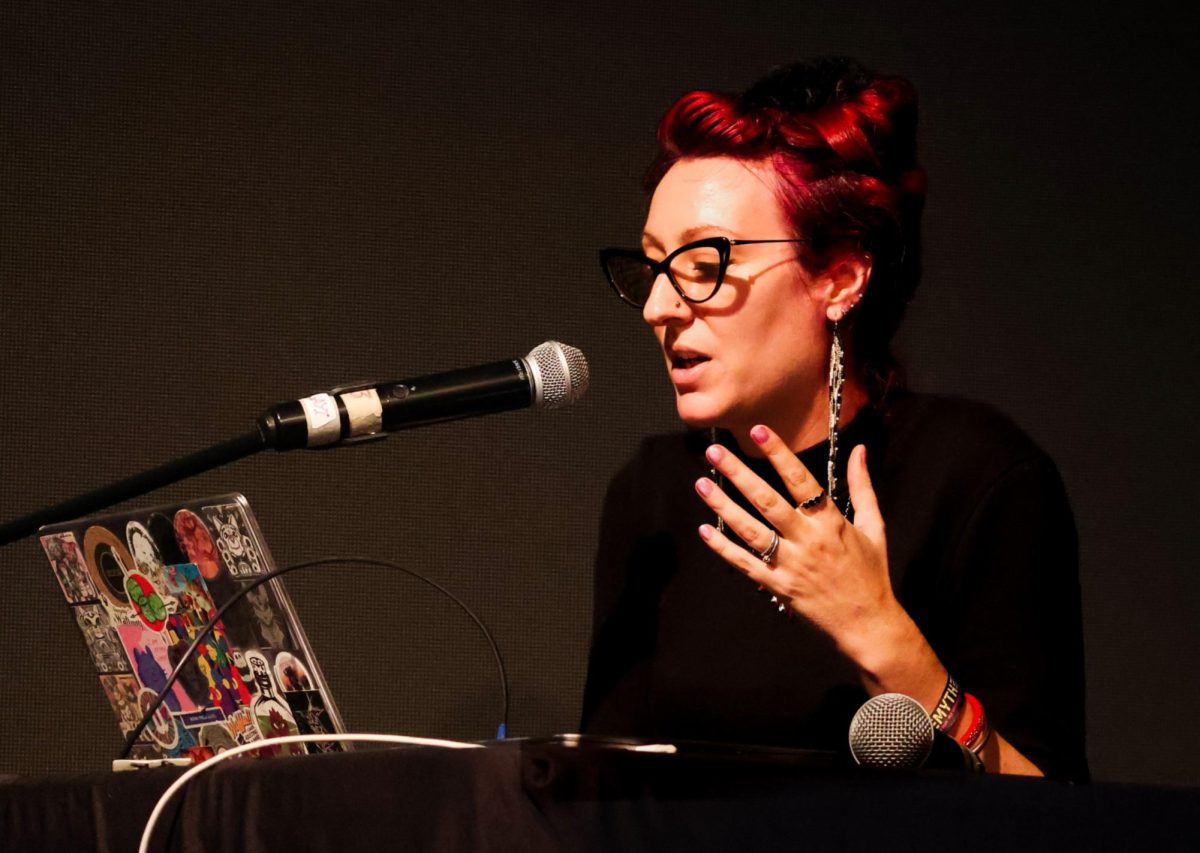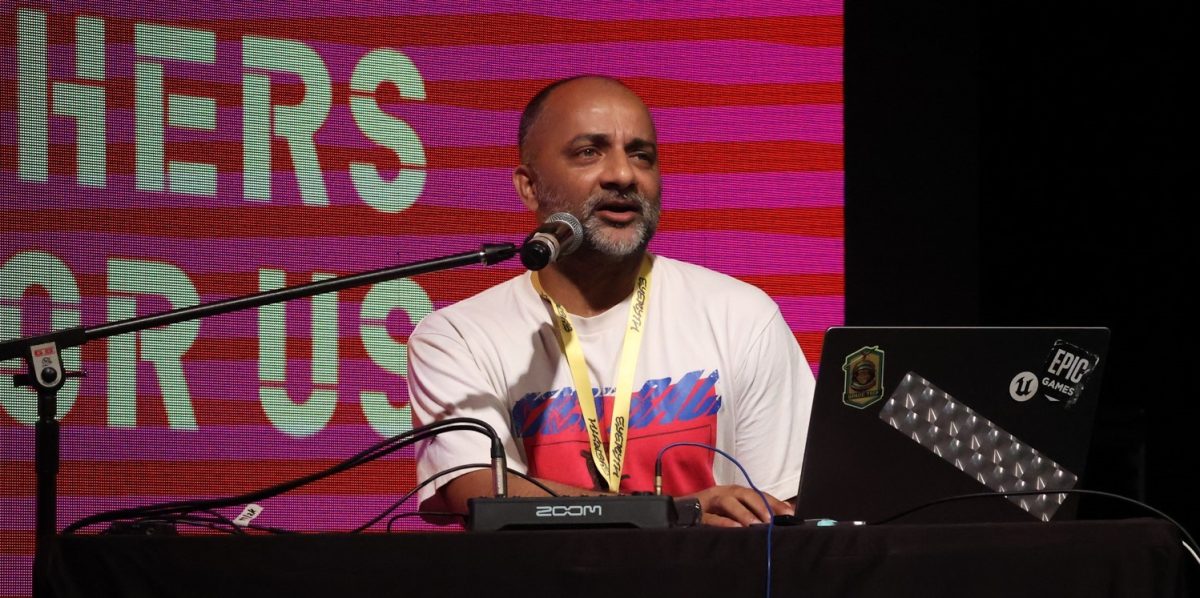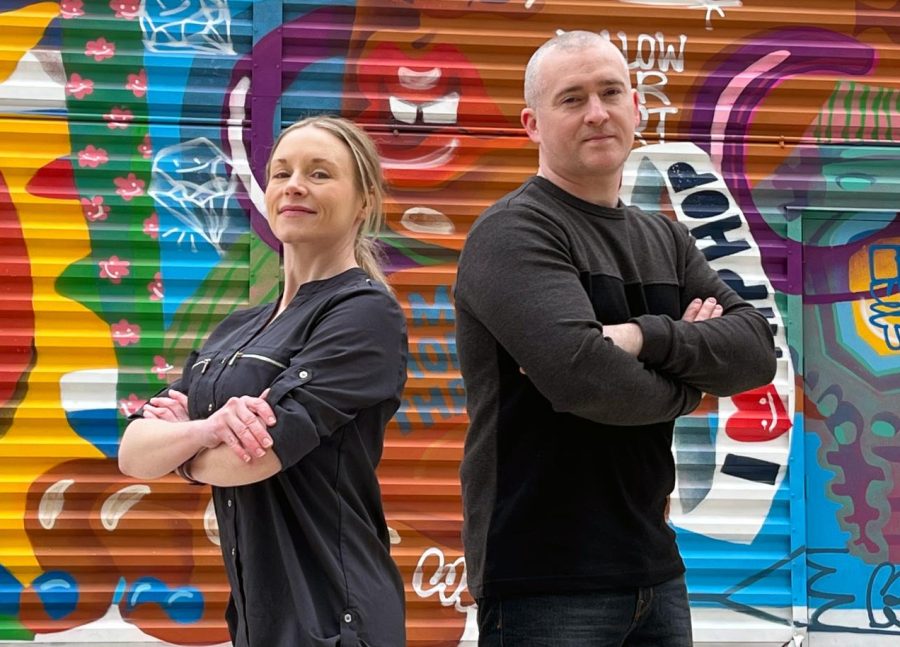Coney Island. The iconic bustling attraction in New York’s southernmost part of Brooklyn. After more than a century, the area still stands today as a symbol of breathless warmth that cascades over the entire district. That is, until an approved proposal to replace its historic seaside amusement boardwalk with a casino.
The launch of the petition came from the Coney Island and Brighton Beach Community Board. Since then, it received some 10,000 signatures, who value the beach amusement boardwalk over the casino proposal.
On March 28, the Community Board, which has openly submitted responses to the New York City Planning Commission, opposed the casino proposal, since the casino’s ULURP application will not preserve Coney Island’s history. The area began as a resort destination in the early 1800s, and the first enclosed amusement park, Sea Lion Park, opened in 1895.
On Jan. 21, the National Amusement Park Historical Association released a statement addressed to Brooklyn and the City of New York to deny the current proposed development of a casino at Coney Island and not to de-map the streets in the coastal urban neighborhood. NAPHA explained, the proposal, if successful, will cause irreplaceable loss to the amusement industry, as it will alter the personality of the Coney Island amusement district. Rather than revitalizing, this may lead to its ultimate demise, it said.
“The developer’s plan is to build a 1,500-spot but at peak times, they want to bring more than 2,500 cars,” Coney Island resident Kouichi Shirayanagi said. “Gumming up existing traffic problems, and car crashes are more likely to be a regular occurrence.”
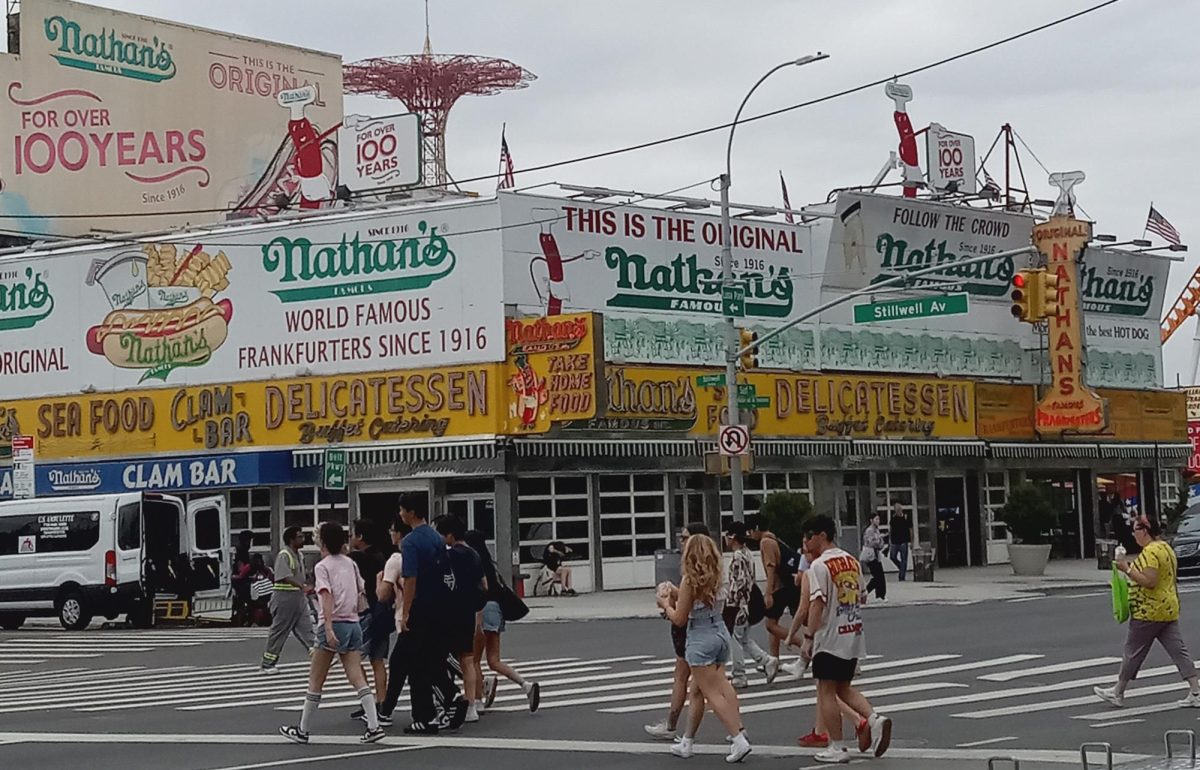
(Michele Schultz)
The proposed casino design, located on Surf Avenue between W 12th Street and Stillwell Avenue, was said to block access to the beach, the boardwalk, and the Wonder Wheel, placing them behind its proposed building structure.
The proposed development was also said to overshadow the oldest landmark building, built in 1917, while it remains in the district, which is the nonprofit arts organization, Coney Island USA. The long-standing establishment has developed and programmed a variety of exhibitions and performances, including the annual Mermaid Parade, and the Coney Island Film Festival, as well as many others, in addition to also operating as the Coney Island Museum.
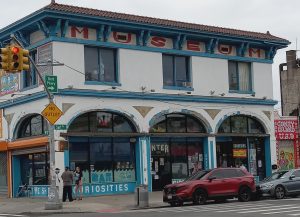
(Michele Schultz)
Many individuals have openly opposed the proposal, worried about the impact will have on the culture of the area, especially for artists and the queer community.
“Coney Island is an oasis of freedom of expression and community in Southern Brooklyn, where South Brooklyn lacks queer culture and representation, so continue to fight against the Casino in every way,” said queer artist and local activist Maxim Ibadov who leads the Brighton Beach Pride.
On June 12, the New York City Council Land Use Committee reviewed the approved proposal for The Coney Development to de-map and purchase the air rights to build pedestrian bridges between the buildings. No decision was made on the approved casino proposal that day by the City Council Land Use Committee.
The Coney Island peninsula features only three avenues: Surf Avenue, which has four lanes (where the location of the proposed casino and hotel will be built), and Mermaid Avenue, which is only two lanes.
Surf Avenue is congested, especially in the summer. That puts immense pressure on the other two avenues, Ibadov said. Mermaid Avenue is always crowded because there are so many businesses, and a bus route, as well as Neptune Avenue is practically the only avenue that connects Coney Island to Brighton Beach directly.
“The casino will make it a bottleneck 365 days a year,” Ibadov said. “It will be a disaster! It will ruin access to the beach for the public, access to transportation, and commute for residents.”
Recently, however, the City Council Land Use committee voted in favor to send it to the full New York City Council for a vote. The separate process for the casino license will begin this month, with the final decision in December, according to Coney Island and Brighton Beach Community Board, Marissa Solomon.
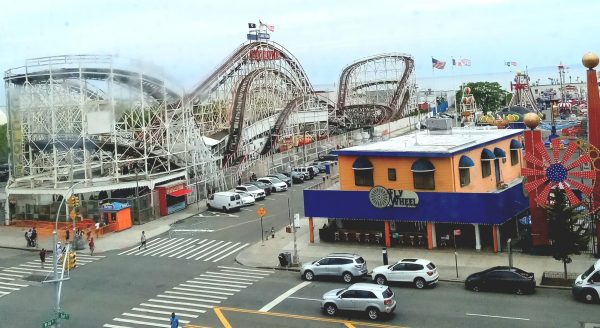
(Michele Schultz)
–July 1, 2025–

